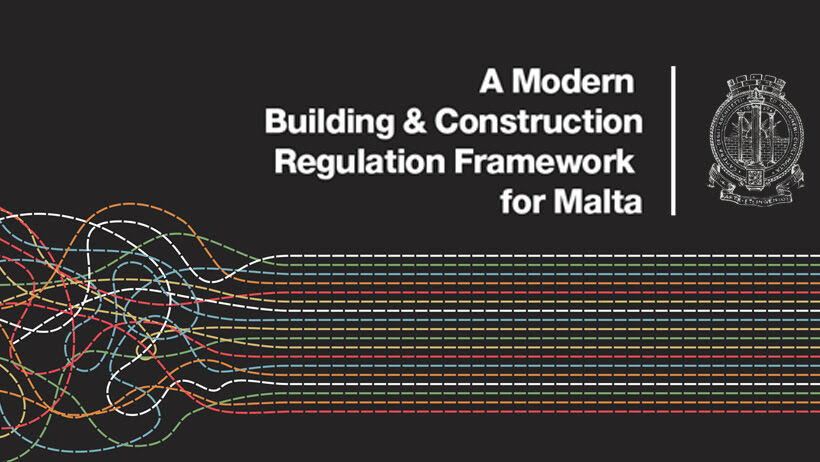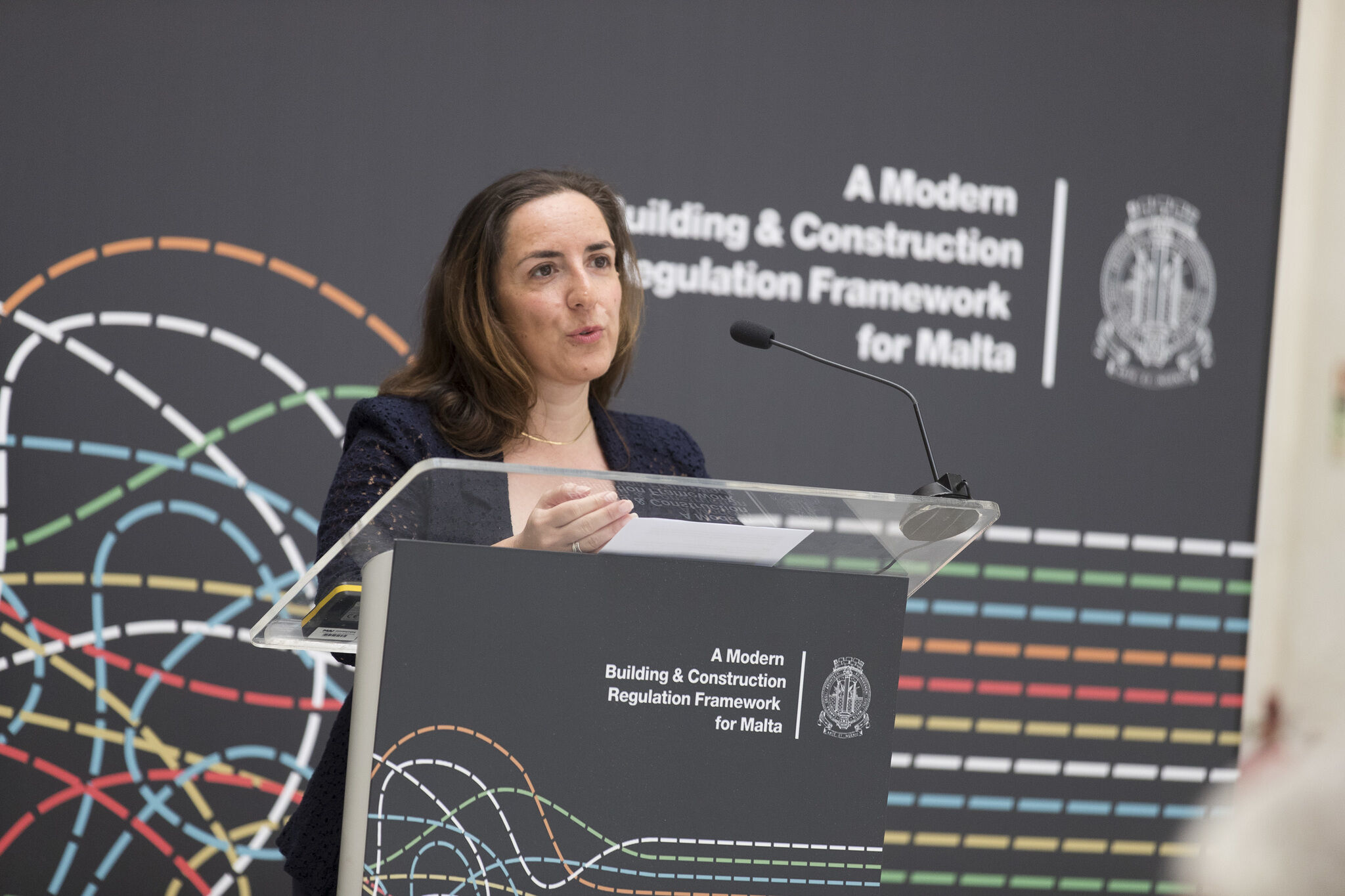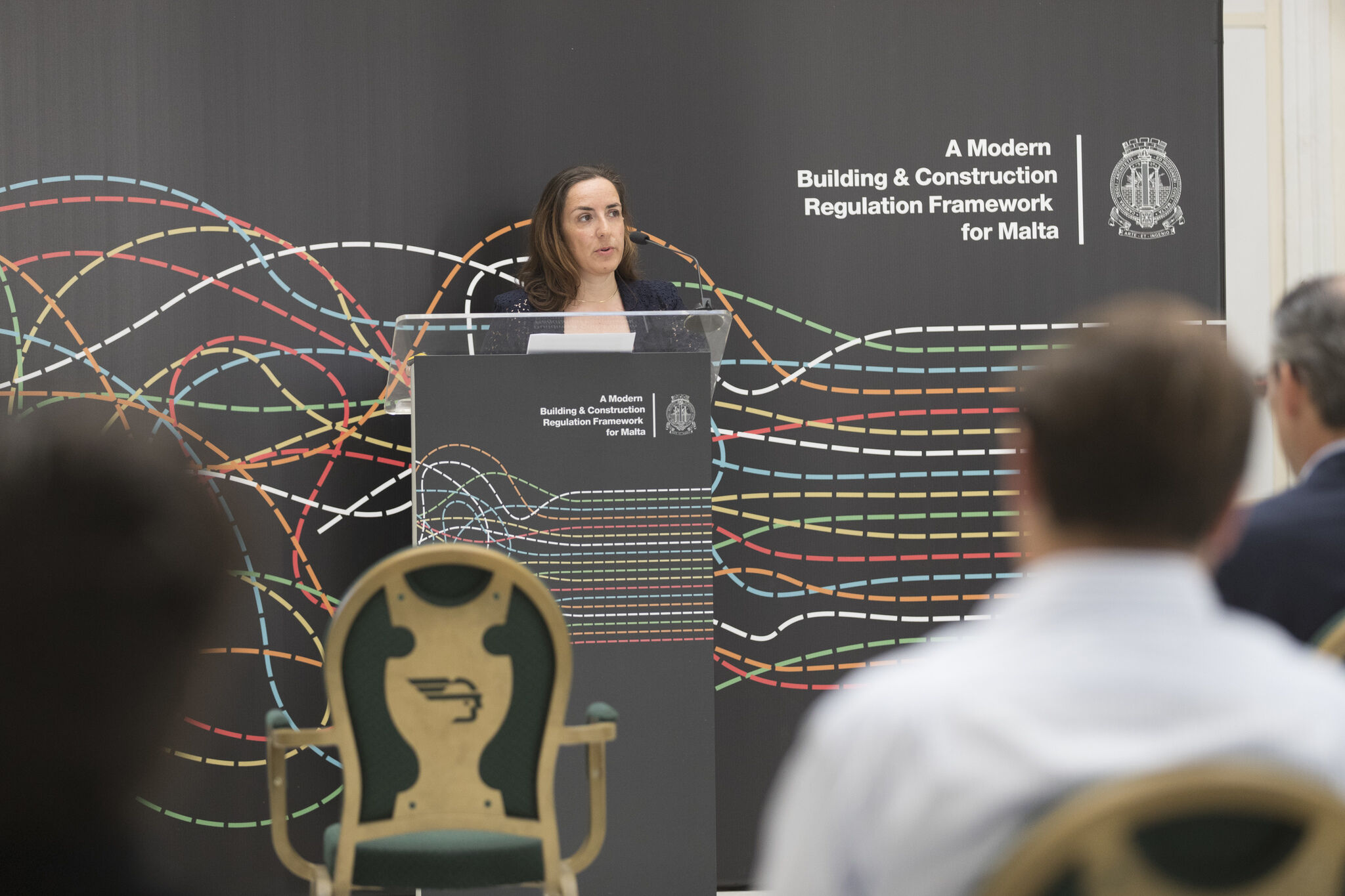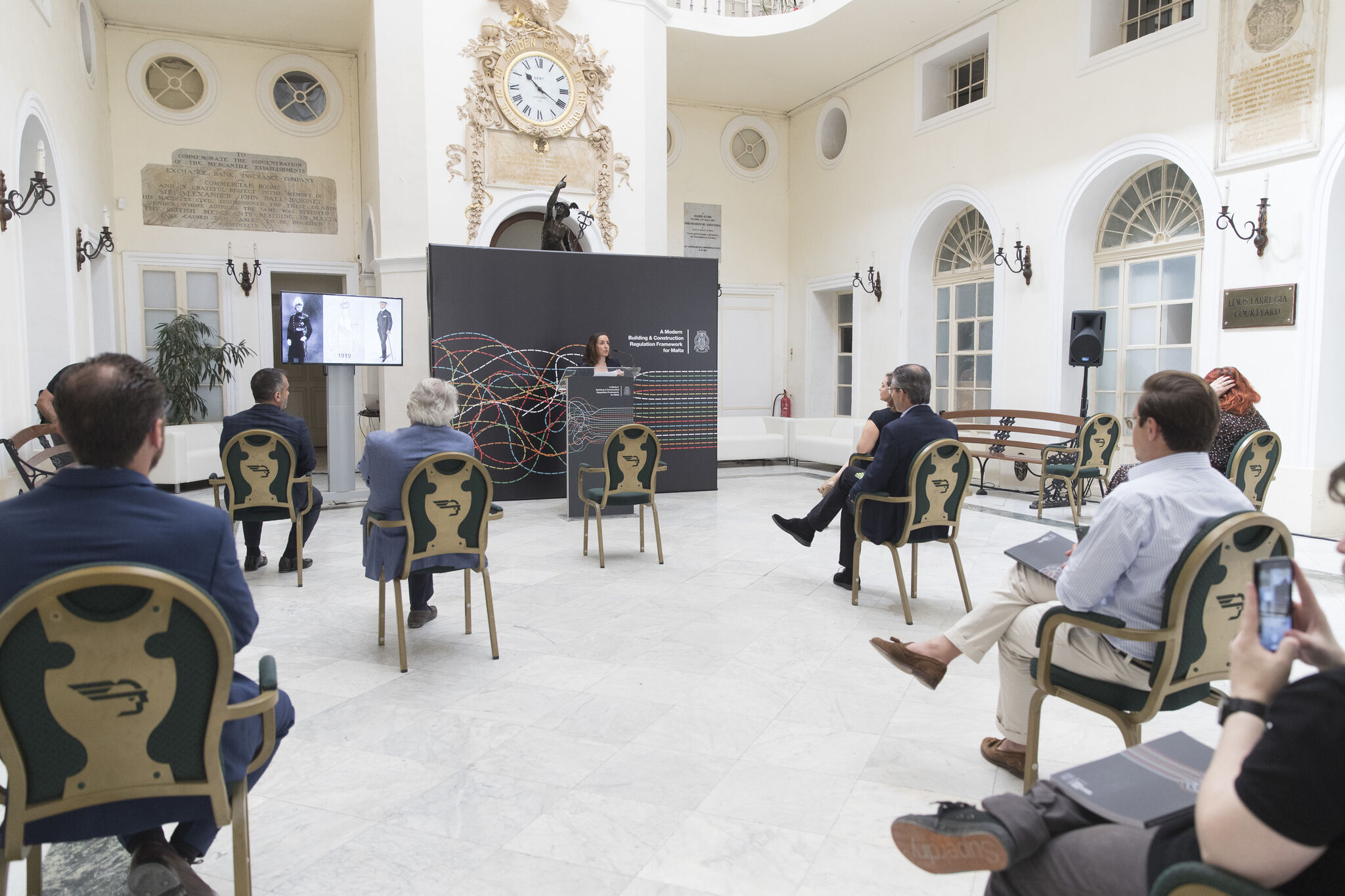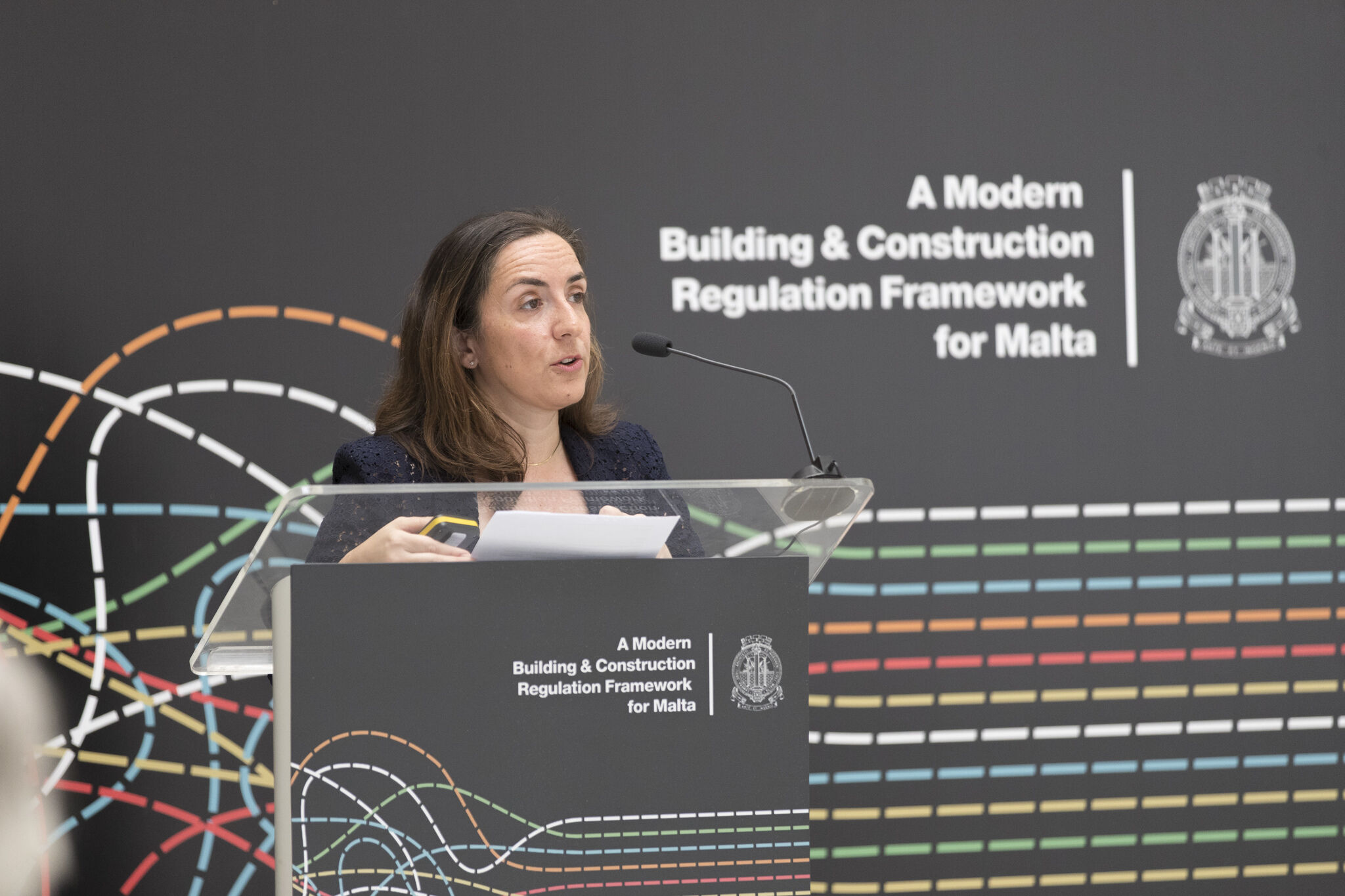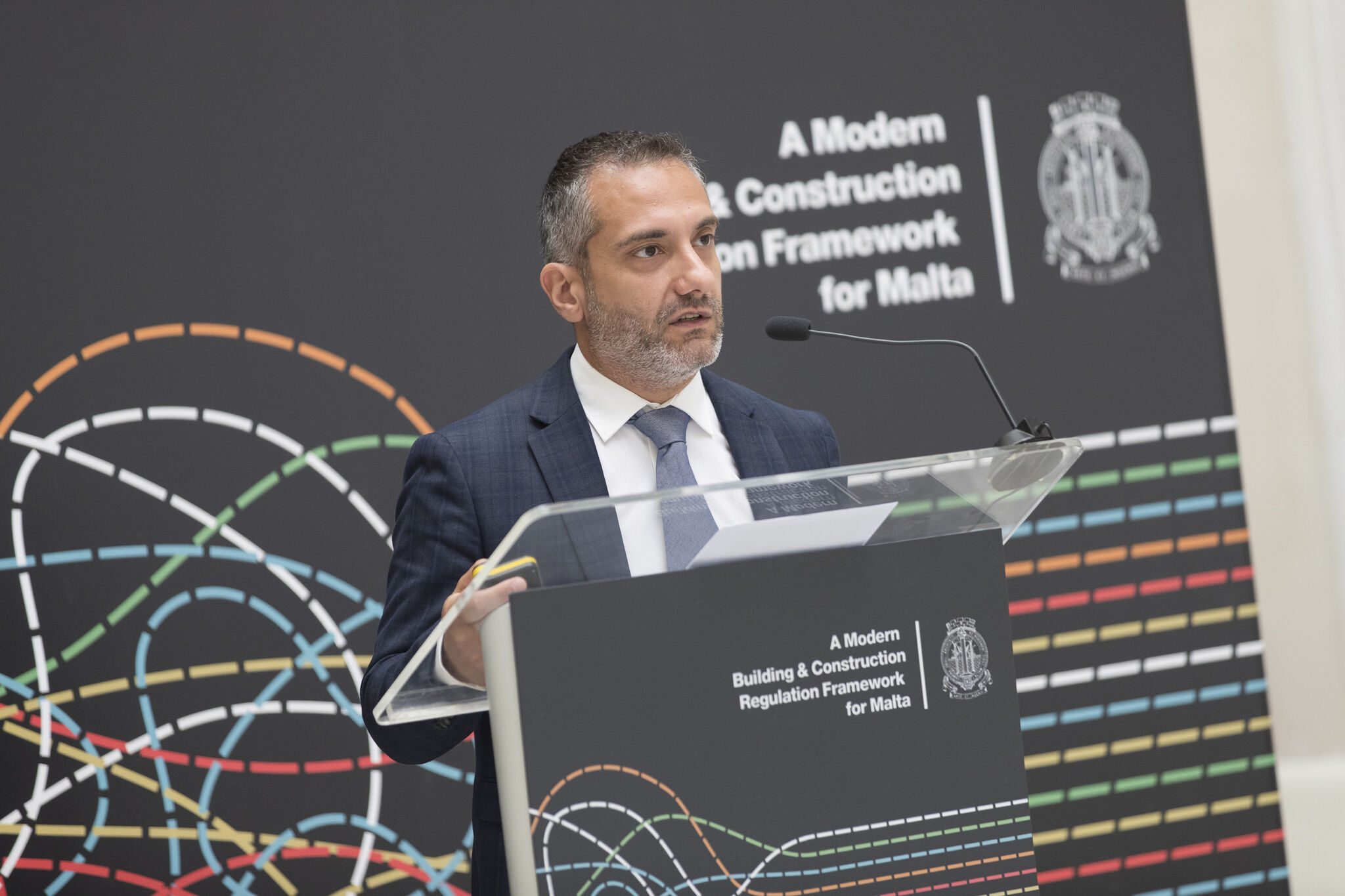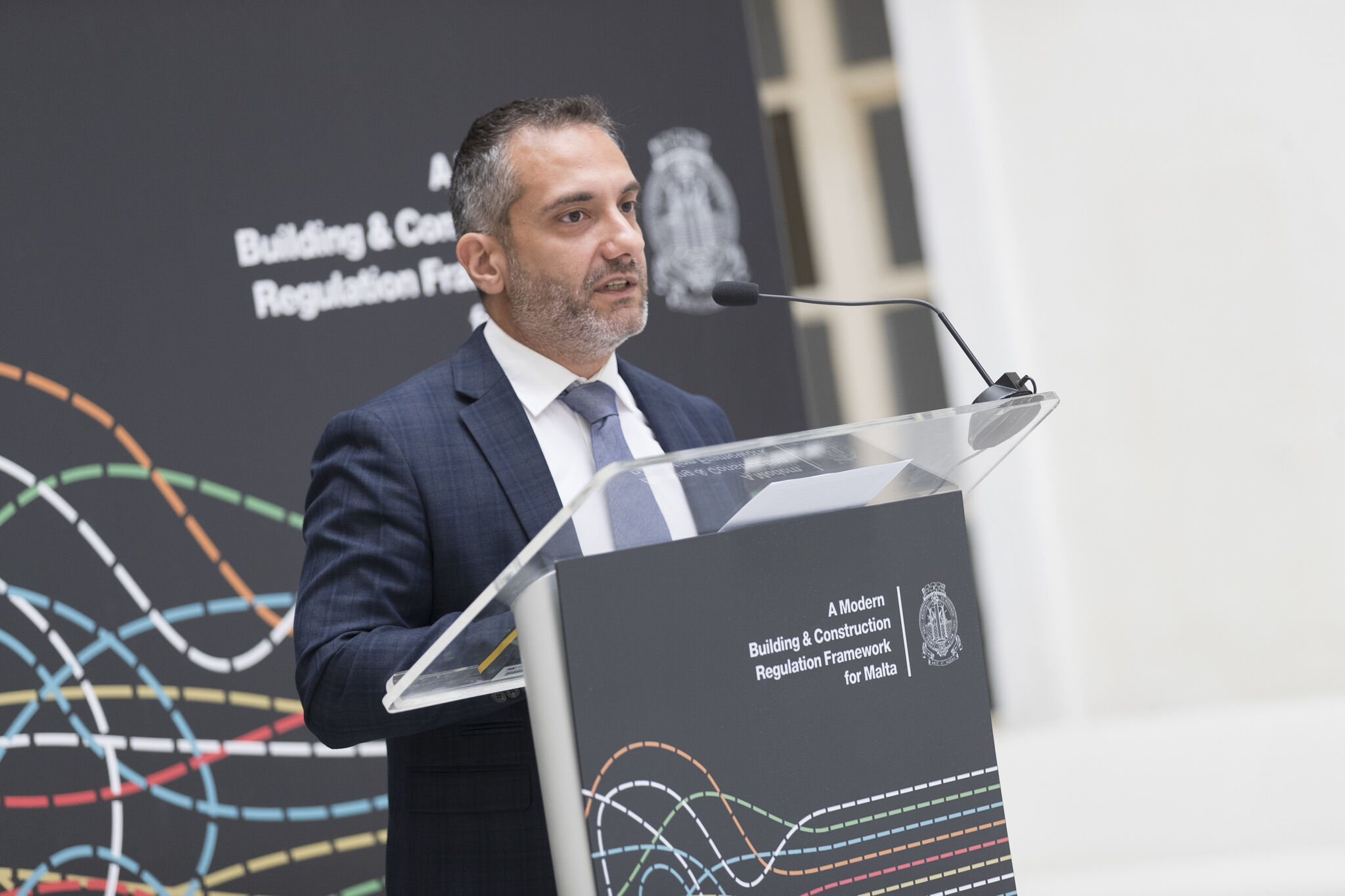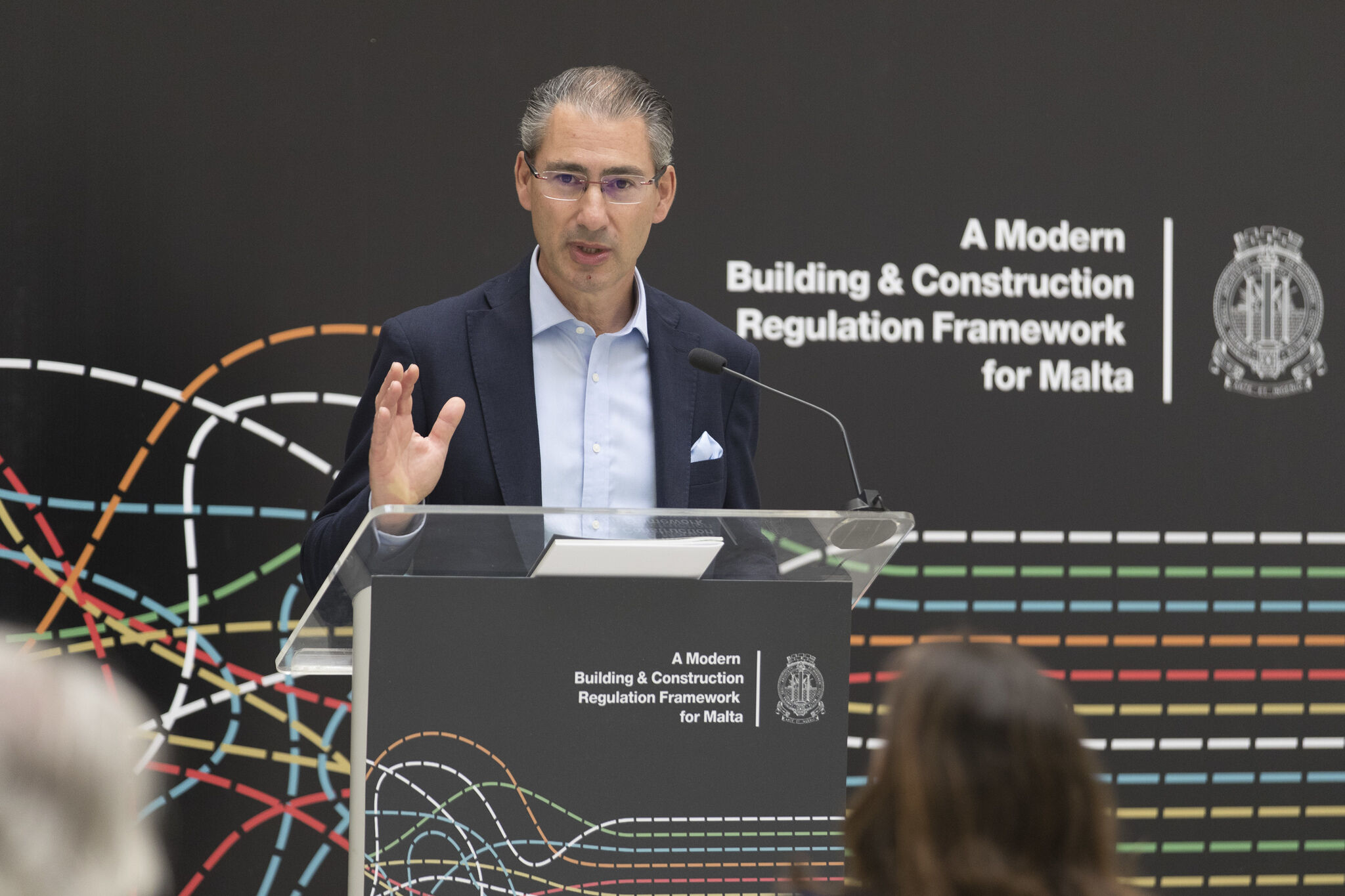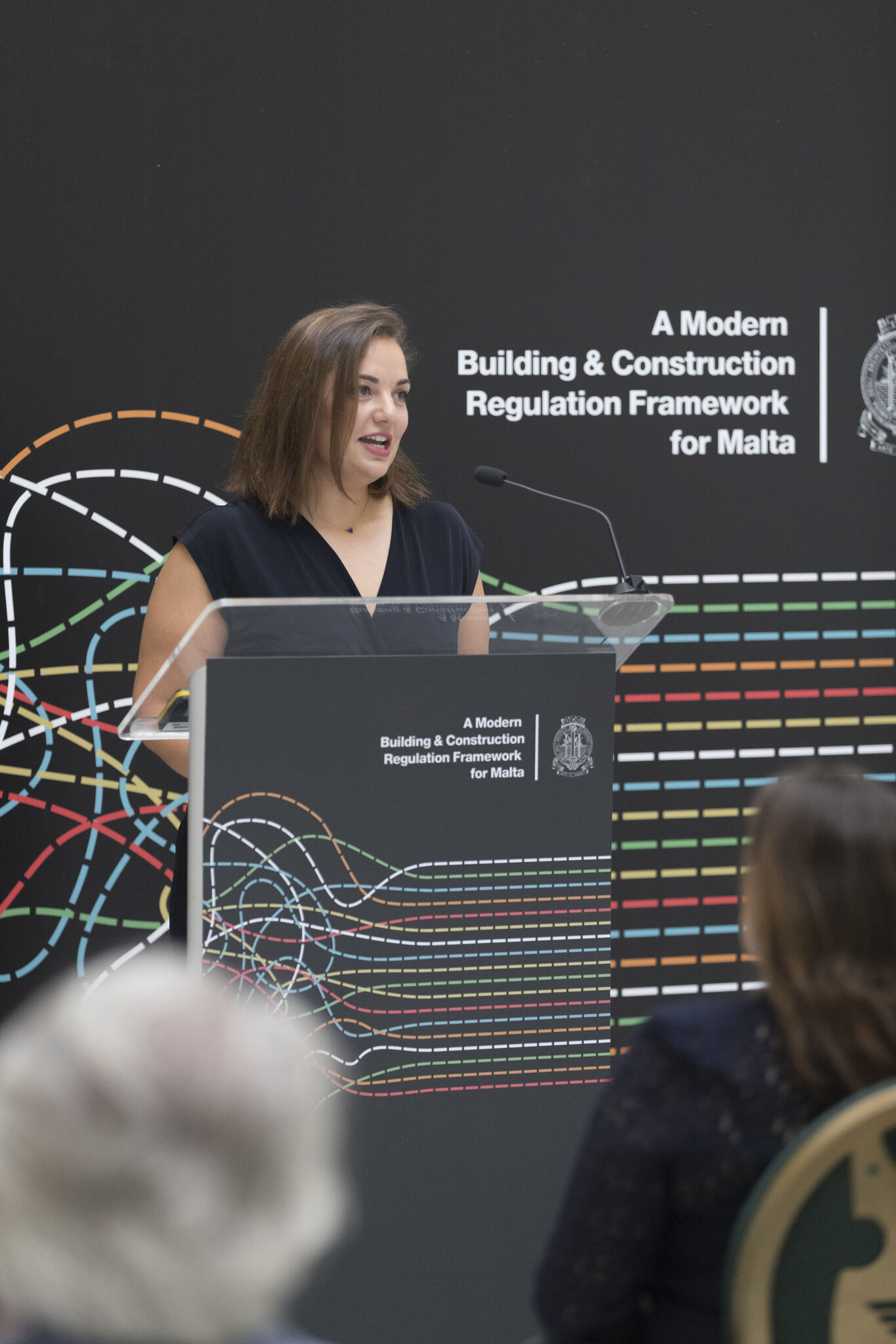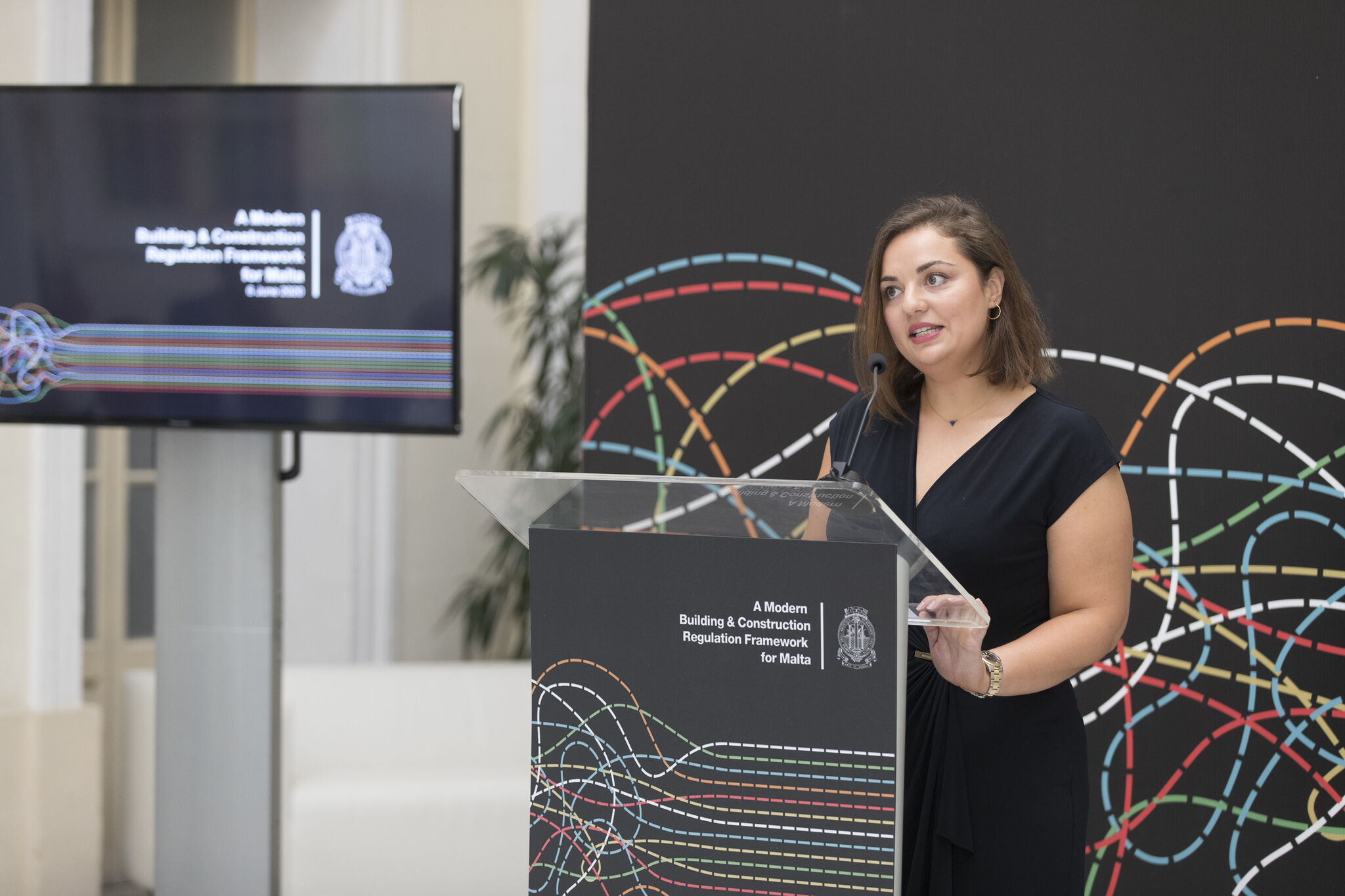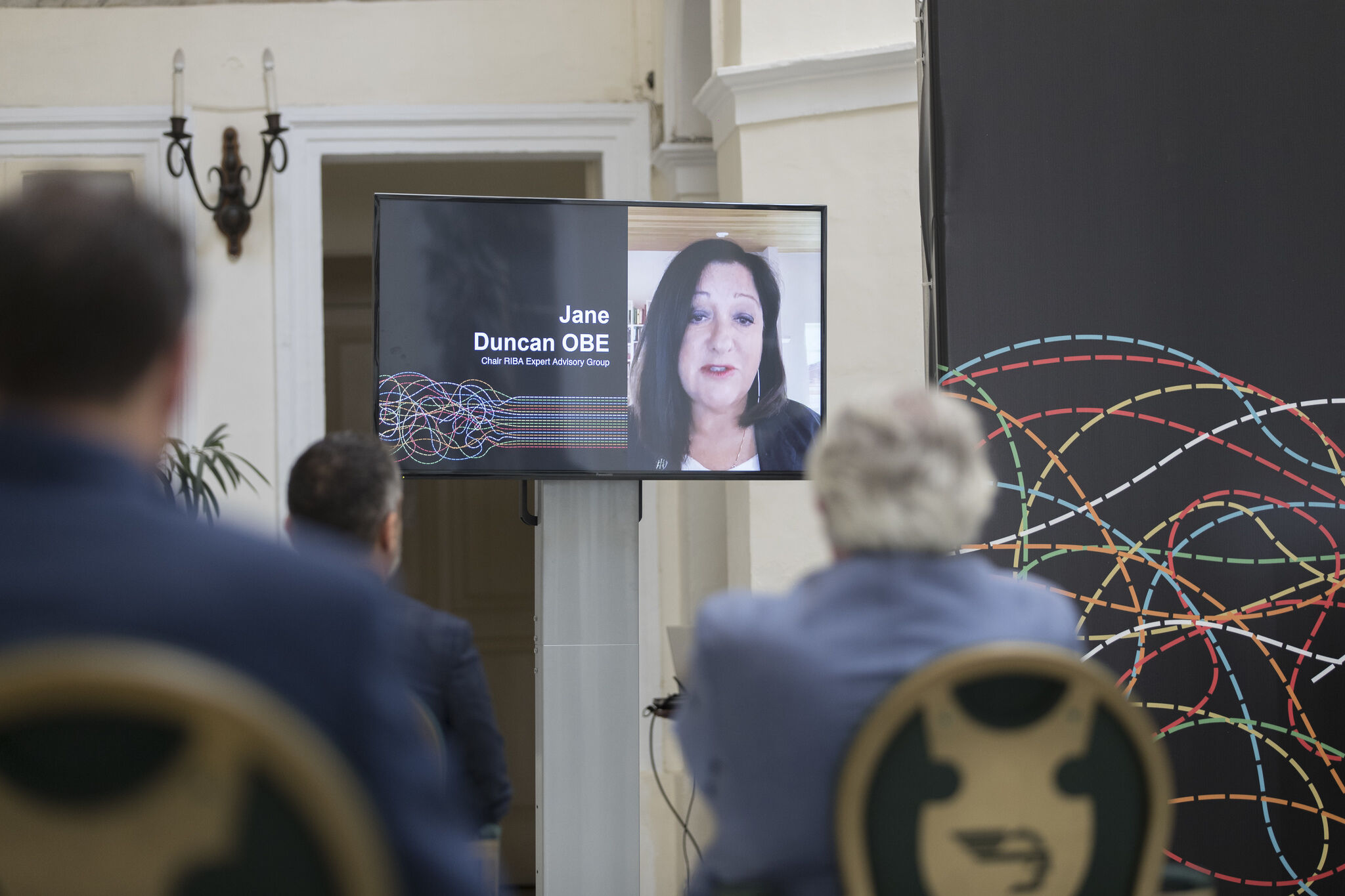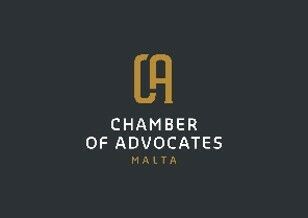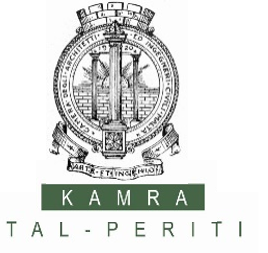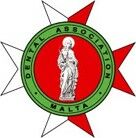PR 08/20 | A Modern Building and Construction Regulation Framework
In May 2019, the Kamra tal-Periti had published its draft proposals for A Modern Building and Construction Regulation Framework. These were presented to all industry stakeholders, including the Chamber of Engineers, the Chamber of Commerce, the Building Industry Consultative Council, the Building Regulation Board, the Building Regulation Office, the Building and Construction Agency, the Planning Authority, the Malta Developers Association, and the Malta Insurers Association. All these entities and organisations endorsed the Kamra’s proposals and there is therefore industry-wide consensus that such proposals are both necessary and desirable.
The proposals were also presented to the European Commission and the Opposition, as well as to Government which, through a Letter of Commitment issued in August 2019, finally recognised the need for a comprehensive reform of the building and construction industry, and committed itself to implement the Kamra’s proposals.
After having taken on board all the feedback received over the past 12 months, the Kamra tal-Periti has now published the final version of its proposals. These are focused around ten main principles, namely:
- The separation of planning permit and building permit processes;
- Clear well-organised regulatory processes designed to promote public safety and quality, in the interest of the consumer, rather than being focused on ascribing blame post-accident;
- Clear distinction between the regulations governing building (the permanent works) and those governing construction processes and temporary works;
- The proposed Building and Construction Authority (BCA) is to take on the consolidated role of the assessment of buildings, building authorisations, enforcement, and monitoring of the construction processes, with the 22 public entities hitherto entrusted with the different areas of interest, becoming key stakeholders in the drafting of regulations and guidance documents;
- Major projects and public buildings to be subjected to an independent review, particularly in terms of structural design and fire engineering through the introduction of a new professional figure (Engineering Auditor);
- Contractors are to have the specific skills required, and to be classified and licensed according to such skills – they will be solely responsible for the process of construction, including temporary works, and would therefore have full possession of construction sites for the duration of the works;
- The enforcement of construction regulations to be delegated to private service providers – referred to as Building and Construction Inspectors (BCIs) – licensed by the BCA;
- Contractors to be required to certify that the executed works comply with the design instructions, and with the requirements of the Construction Products Directive;
- The construction phase will be concluded by the issuance by the BCA of a Compliance Certificate, which, inter alia, authorises that the building can be brought into use; and
- Post-occupancy checks and audits to be undertaken as predetermined by the BCA to ensure the continued compliance of the structure with building regulations.
The launch of these proposals is not the end of a process. It is the beginning of a new era in the building and construction industry. COVID-19 has highlighted the lack of sustainability of our previous ways – now is the perfect opportunity to look to the future with a new vision … a vision that is more sustainable, that still focuses on economic progress but that places more emphasis on safety and quality.
The Kamra tal-Periti is fully committed to ensure that these proposals are implemented and assures Government of its full cooperation in achieving this leap forward, bringing the industry firmly and squarely into the 21st century.
Scroll through gallery

